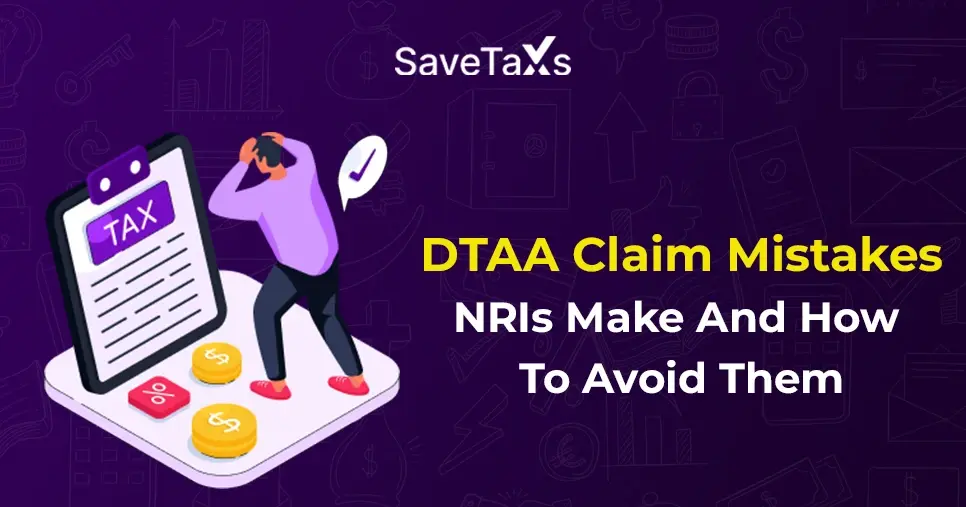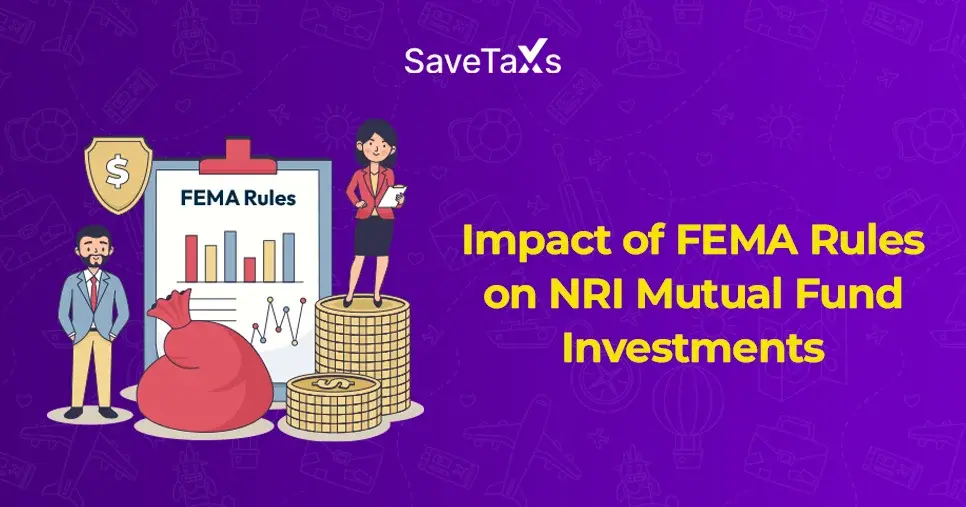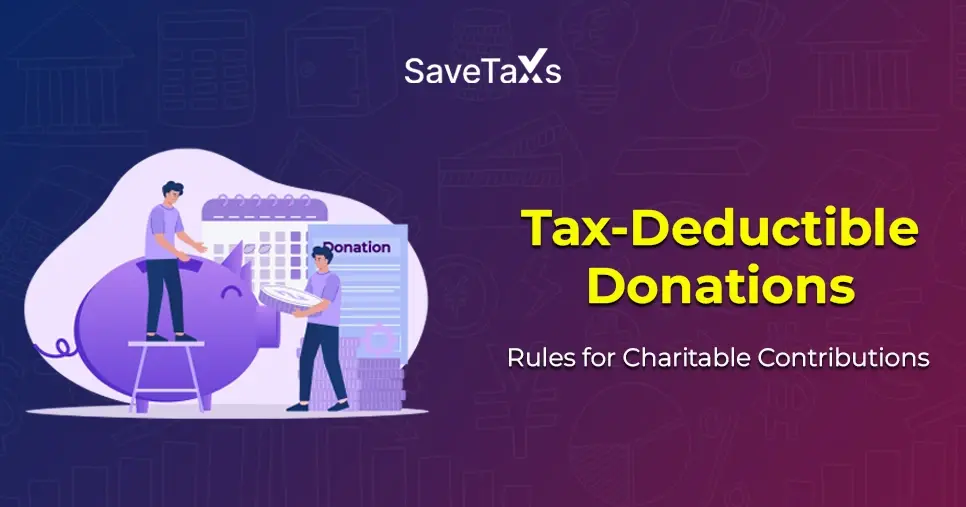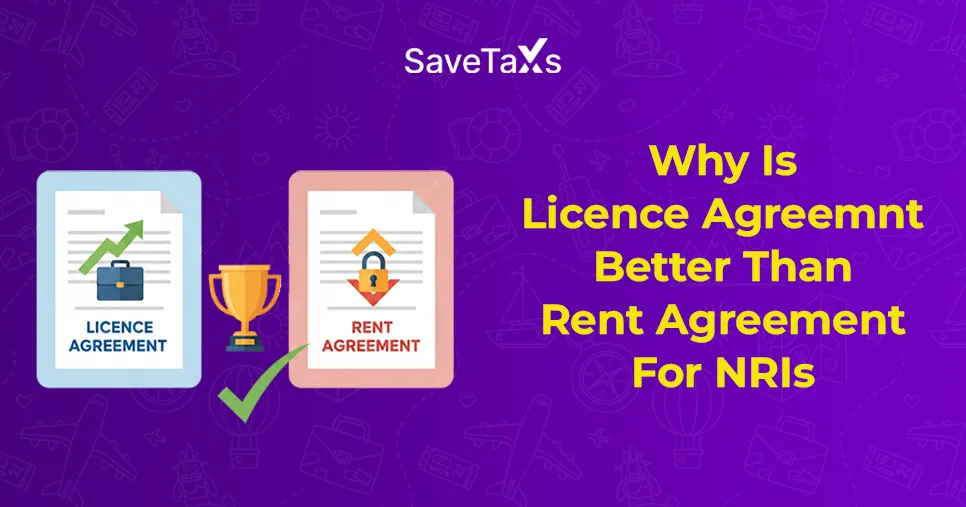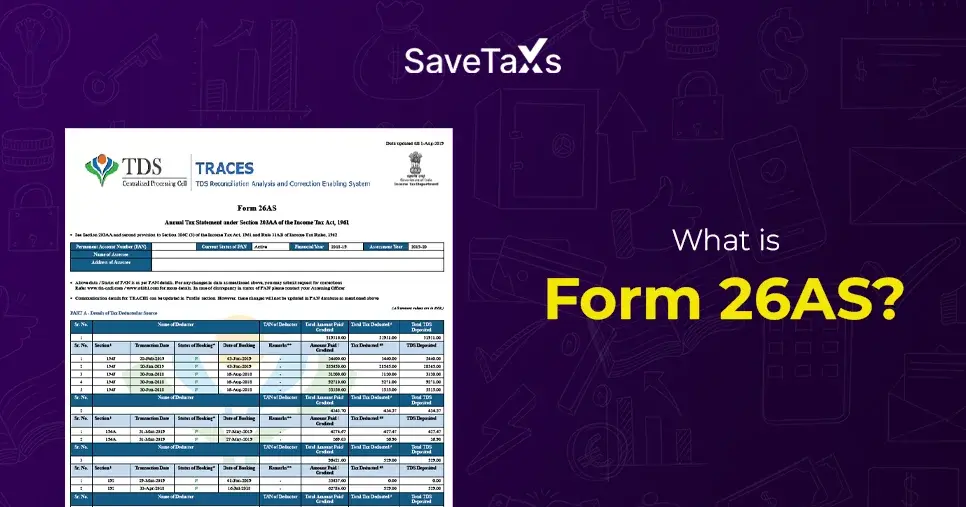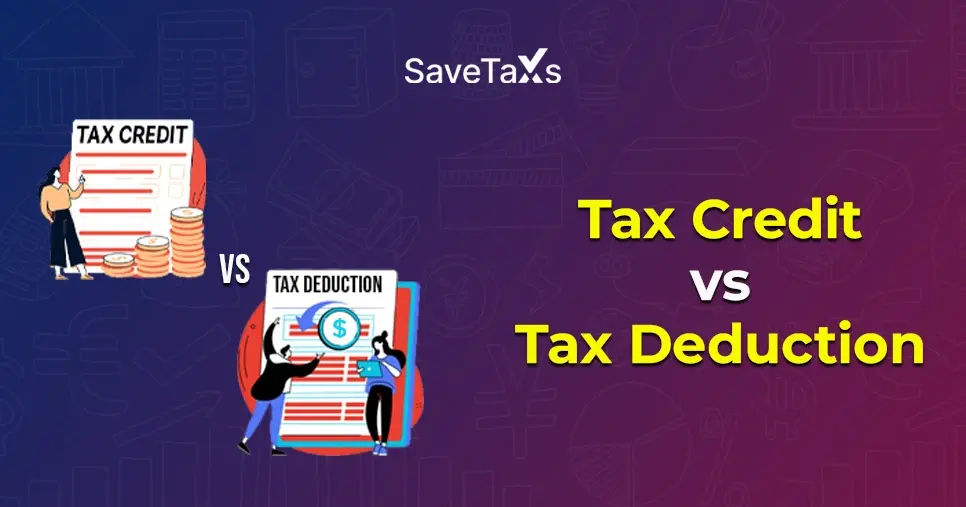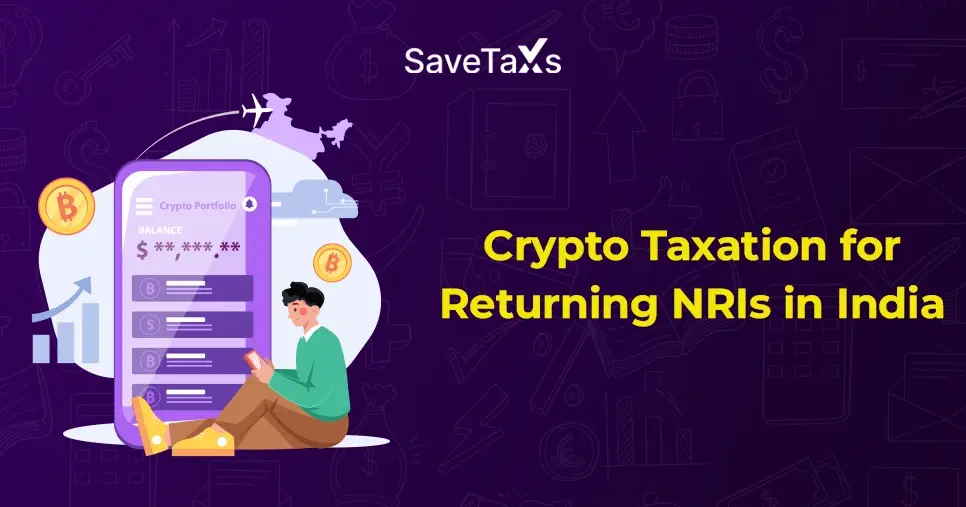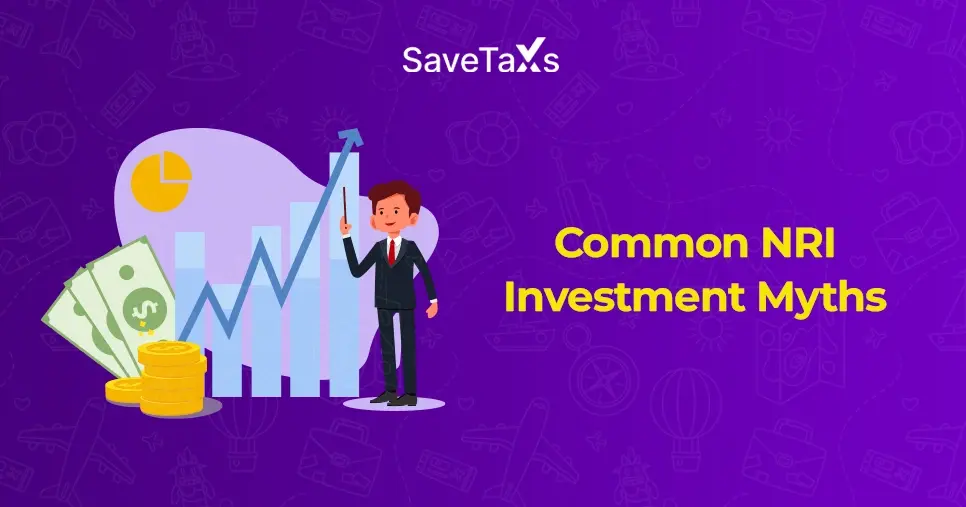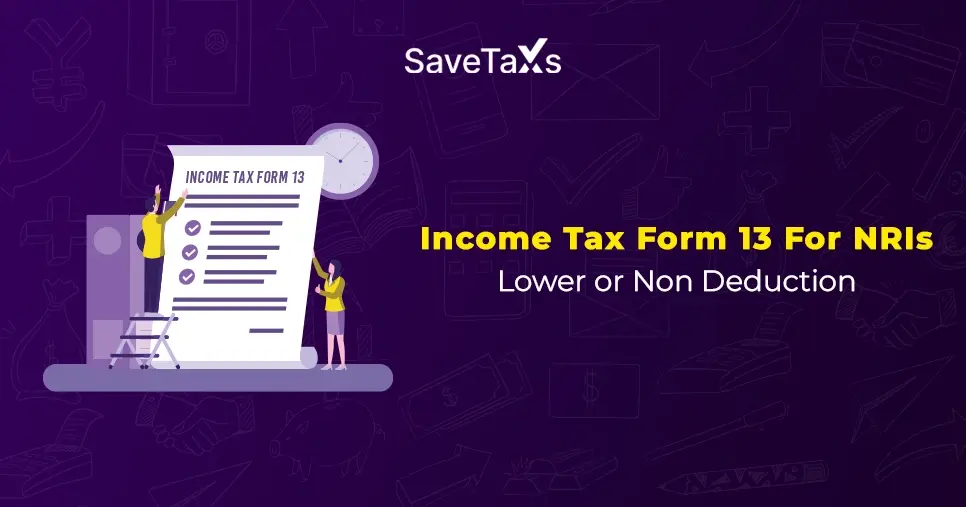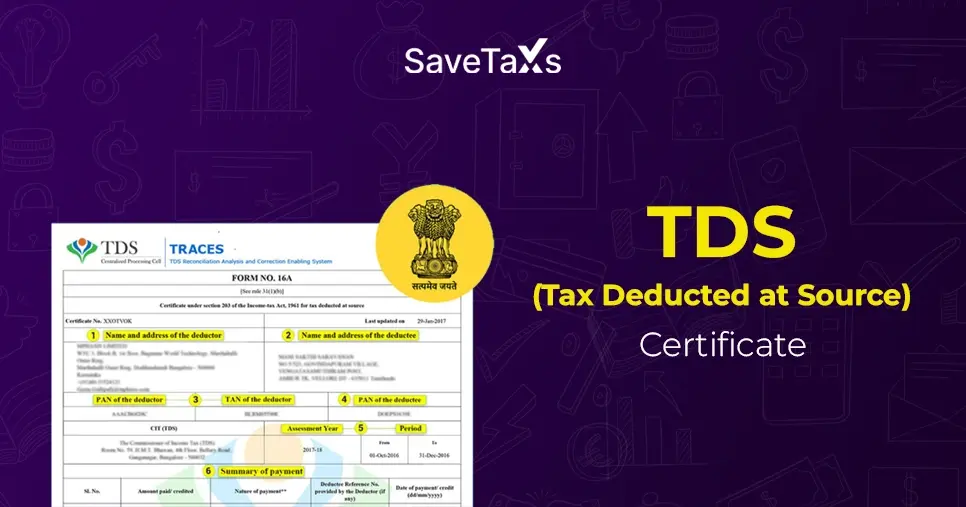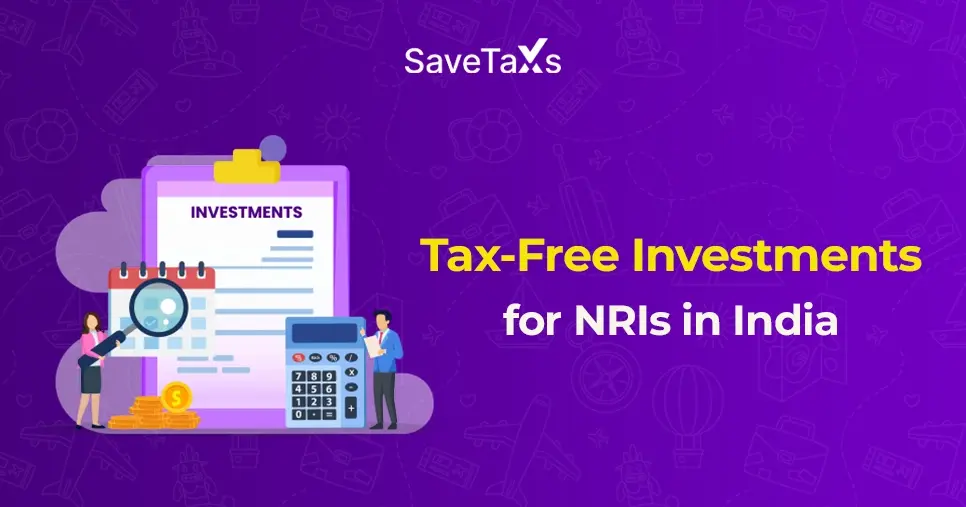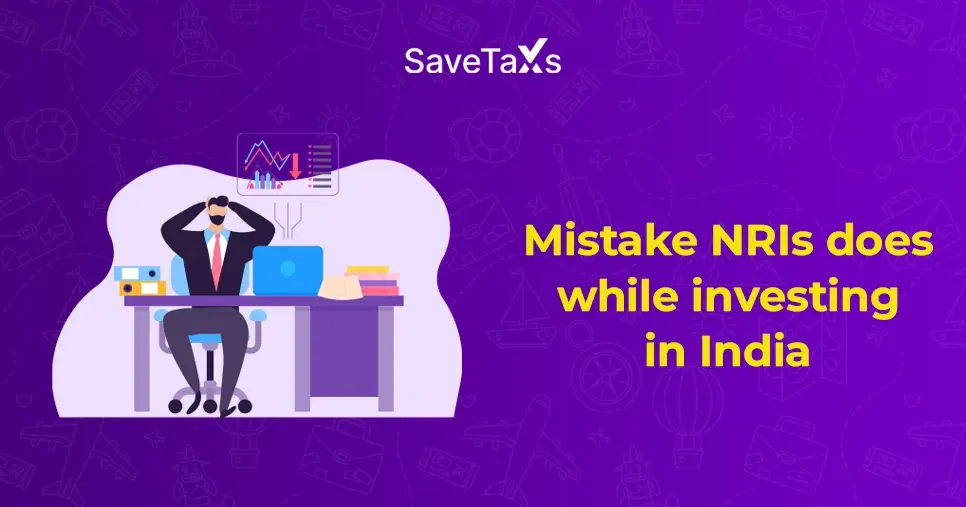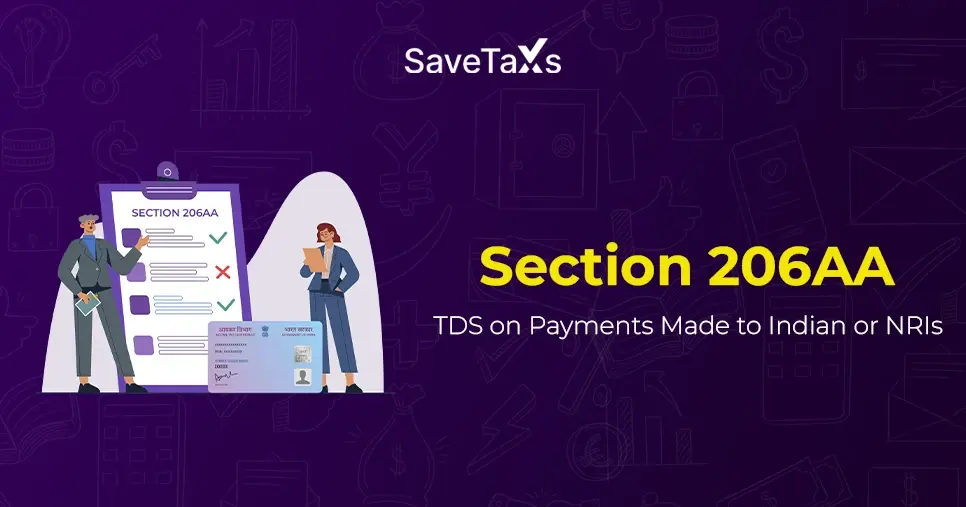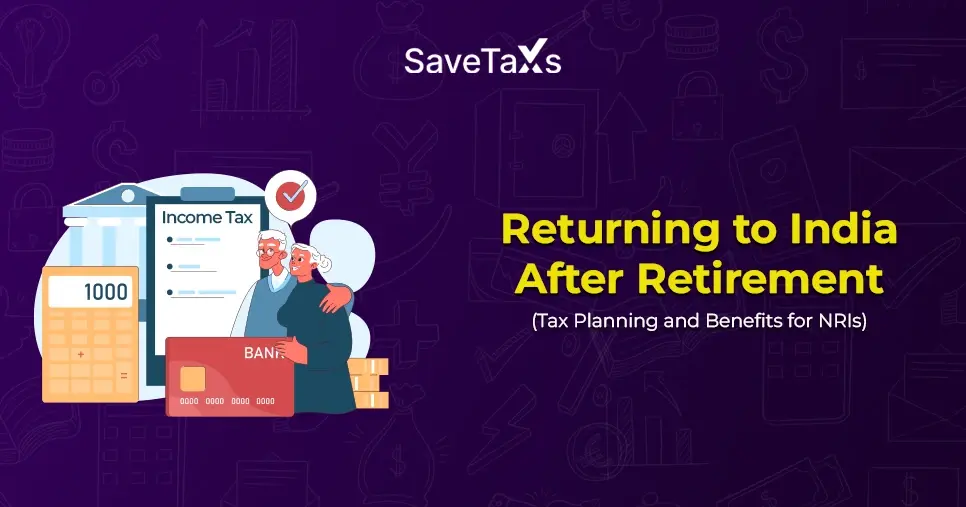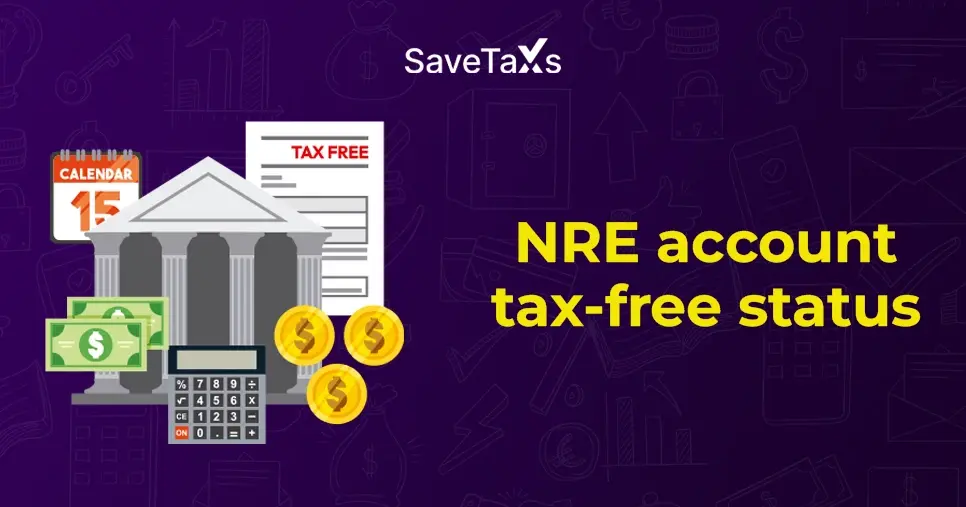When it comes to NRI investments, many investors are looking beyond traditional stock exchanges. As a result, unlisted shares are grabbing their attention.
However, there is a common question associated with NRIs and unlisted shares: "Can NRIs invest in unlisted shares in India?" Well, the answer is yes.
India's economy is one of the fastest-growing worldwide, which makes it a hot spot for NRI investments. Similar to listed shares, unlisted shares have also caught NRIs' attention because of their high returns. And this attention is not limited to high returns; unlisted shares are less regulated, offering flexibility and opening the doors for NRIs to unique opportunities that are usually not available through listed stocks.
In this blog, we will discuss all he aspects related to unlosted shares, such as the meaning, process, rules, potential benefits for NRIs, and more.
- Unlisted shares are the equity shares of such companies that are not listed on the Indian stock exchange.
- Unlisted shares are not registered with the stock exchanges of India; they are traded over the counter.
- Unlisted shares have high growth potential, especially for early-stage companies.
- Unlisted shares are subject to less stringent regulations than listed shares.
What Are Unlisted Shares For NRIs?
In simple terms, unlisted shares are equity shares of companies that are not traded on stock exchanges such as the NSE or the BSE. The reason their equity shares are not listed on a stock exchange is that they are either a new, established business, a growing startup, or a subsidiary of a larger enterprise.
Now that unlisted shares are outside the traditional exchange system, they offer investors early access to the company before it goes public. And this early access is what lures the investors towards unlisted shares.
For example, the TATA unlisted share price was Rs 410, but after their IPO (meaning selling the shares to the public for the first time and becoming a public company), the TATA shares were listed at around Rs 1200, which is a massive profit for anyone who invested in the company before it went public.
For NRI investors, understanding every aspect of unlisted shares is essential, as they differ from typical listed stocks.
These shares are also known as over-the-counter (OTC) securities because they are traded in an OTC market.
Can NRIs Legally Invest in Unlisted Shares? FEMA Rules
Yes, NRIs can invest in unlisted shares in India; however, they need to comply with the regulatory framework set by FEMA. The investment process typically involves:

- NRO Account Setup: NRIs must use an NRO account linked to an NRO Demat account to hold their unlisted shares.
- RBI and SEBI Rules: The RBI's regulatory framework governs inflows and outflows of foreign funds; however, SEBI's rules monitor investor protection and disclosure requirements.
This means NRIs can invest in unlisted shares only through formal channels.
How Can NRIs Invest In Unlisted Companies
For NRIs to invest in unlisted securities, they must comply with the guidelines and regulatory framework set by FEMA.
However, below is a compiled list of popular ways for NRIs to invest in unlisted companies in India.
Pre-IPO Investment
A pre-IPO company is a company that is not currently listed but may be listed in the future. As an NRI, you can invest in the shares of such pre-IPO companies without any involvement of an exchange house.
The shares you have held will be deposited in your NRI Demat Account, even though you traded them off the record.
In a nutshell, in a pre-IPO market, investors and traders buy or sell shares before companies list on an Indian stock exchange and become public.
To buy shares of a pre-IPO company, you can do so through intermediaries such as investment firms that trade in the unlisted shares.
The best part of buying shares in a pre-IPO company is that, when it's listed on the Indian Stock Exchange, it generally yields significant profits. However, please note that you cannot sell these shares for 6 months after the listing date.
Simple and easy ITR filing procedure for NRIs.
Invest In Startups
This one's a risky bet. NRIs investing in unlisted start-ups that have the potential for record-breaking growth is an attractive bet. Although investing in a new startup is dangerous, if it succeeds, the investor can make unimaginably high profits of 100% to 150% or more.
Buying ESOPs Directly From Employees
For NRIs, this is also a way to buy unlisted shares of companies in India, ESOPs (Employee Stock Ownership Plans). There are a few investment brokers who can connect you with employees of various companies interested in selling their ESOPs at a set price.
Invest in PMS Schemes of Unlisted Shares
Investing in unlisted shares as an NRI through a PMS scheme is a safer way. Here, experts and professional fund managers manage Portfolio management systems (PMS) based on market trends to maximize investor returns.
Additionally, with a PMS, you can diversify your portfolio across asset classes and minimize risk.
The portfolio manager will add and delist the stocks actively based on their performance.
Via Crowdfunding Platform
In crowdfunding, a large community of investors comes together to fund a small business in return for a stake in its unlisted shares. This is also one of the most popular ways for NRIs to invest in unlisted shares.
Tax Implications on Unlisted Shares For NRIs
For NRIs, taxation on unlisted equity shares is somewhat similar to that of listed shares; the difference lies particularly in the holding period.
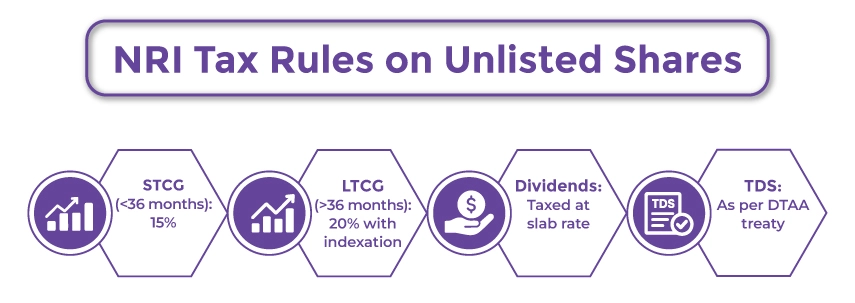
- Short-term capital Gains (STCG): Capital gains on unlisted shares held for 36 months or less are classified as STCG. Such gains are at 15% along with the applicable cess or surcharge.
- Long-term Capital Gains (LTCG): Gains from unlisted shares held for more than 36 months are treated as LTCG and are taxed at 20% with indexation benefits.
- Dividends: Any dividends received from unlisted shares are taxed at the individual's applicable slab rate.
Additionally, for non-resident shareholders, the tax deducted at source on unlisted shares is as per the applicable tax treaty.
Risks Involved In NRI Investment In Unlisted Companies
As they say, every coin has two sides. Similarly, if the unlisted shares provide you with strong potential returns, they also come with a great deal of risk.
The following are common risks associated with unlisted shares.
- Loss of capital.
- Liquidity Risk
- Lock-in-period
- Risk of Dividends
- Risk of Dilution
Connect with Savetaxs for your financial independence.
The Bottom Line
Undoubtedly, an unlisted share is a remarkable opportunity for NRIs. Unlisted shares in India are available in the form of ordinary shares, penny stocks, corporate bonds, government securities, and derivatives. NRIs planning to invest in the Indian unlisted share market, please ensure you have an NRI demat account, a PAN Card, and an expert to guide you on the best investment strategy available. Because, as far as the unlisted share market is concerned, the benefits are great, but also the losses are if invested in the wrong stocks.
Hence, to save you from losing your hard-earned money at risk, Savetaxs is here to guide you with the best NRI investment strategy available. Our experts will provide you with a personalized investment strategy that suits your financial goals.
We serve our clients 24/7 across all platforms. Connect with us today, and let's get started on your investment journey in India, because with Savetaxs, it's only you and your portfolio rising high.

Mr. Ritesh has 20 years of experience in taxation, accounting, business planning, organizational structuring, international trade financing, acquisitions, legal and secretarial services, MIS development, and a host of other areas. Mr Jain is a powerhouse of all things taxation.
- Registering a Will in India: Key Tips for NRIs
- How Can NRIs Invest In Indian Stock Market
- NRI Investment in SGrBs Through IFSC
- Foreign Investment Opportunities for NRIs: RBI FEMA Rules for Derivatives
- Top 5 Problems NRI Face While Investing In India
- A Complete Guide to Investing in Gold for NRI in India
- The Hidden Tax Burden of Investing in US Stocks for Indian Investors
- PIS vs. Non-PIS: The Best Stock Investment Options for NRIs in India
- Investing in REITs as an NRI in India- Complete Guide
- All You Need to Know About NRI Life Insurance Plan
Want to read more? Explore Blogs
Frequently Asked Questions
No matter what your source of income is, we've got you covered. There’s a plan for everybody!
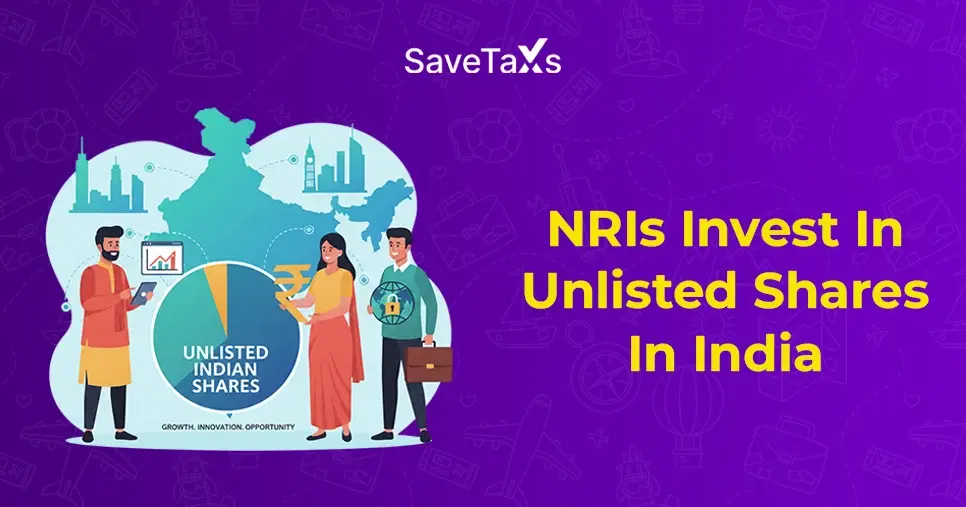

(i)-Of-The-Income-Tax-Act_1756812791.webp)
